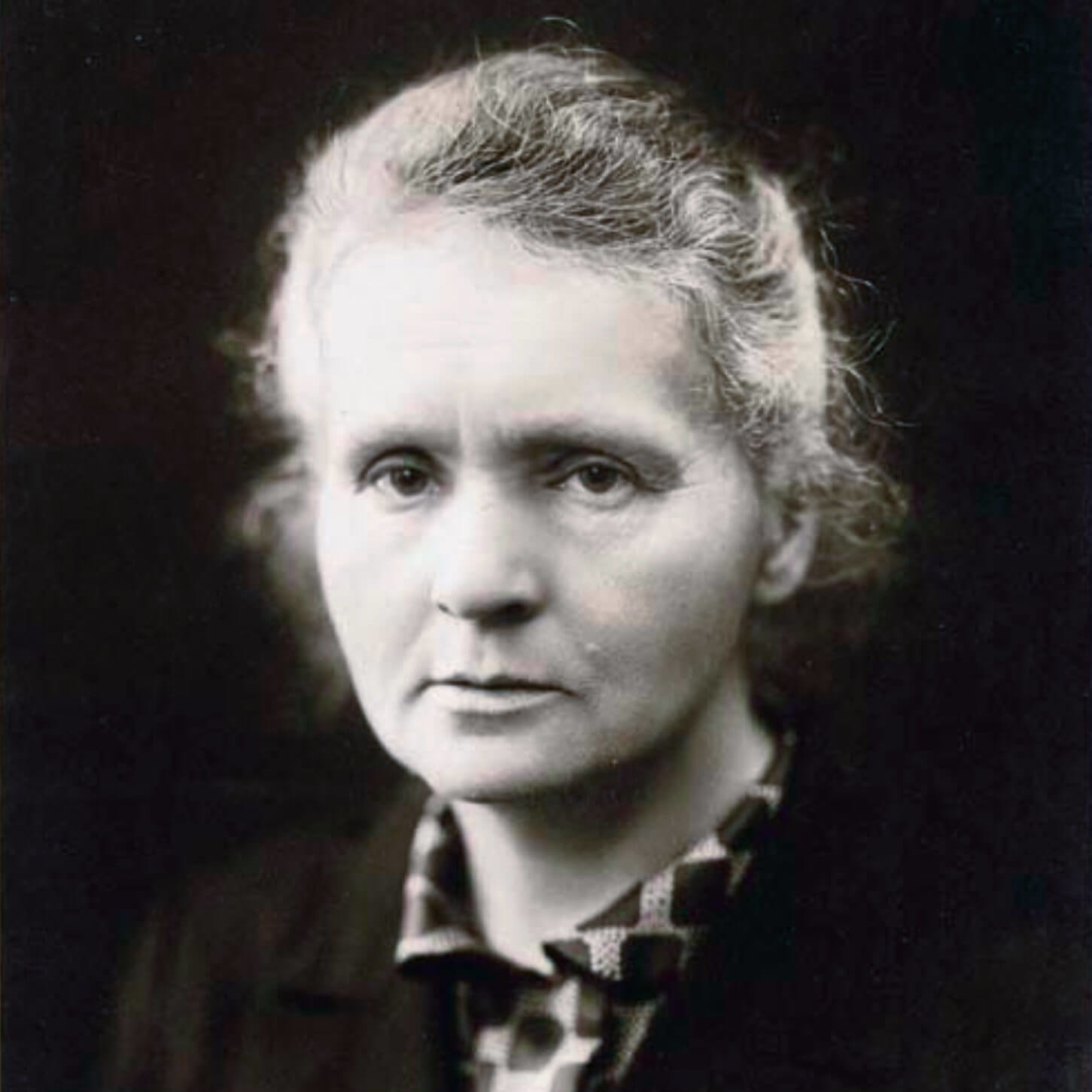Alternatives
UP QUOTES
“The essence of strategy is choosing what not to do.”
UP isn’t for everyone, so here are the pros and cons of a few alternatives you could consider.
Deciding how to live your life is an exceptionally complex decision that different people approach very differently. If you’re the kind of person that loves deep strategic thinking, then perhaps UP is for you. If it’s not, that’s perfectly okay.
Below are some of the pros and cons of a few different approaches to self-development you might consider. There are significant issues with only using heuristics or your gut for highly complex, strategic decisions. Care is warranted. So for each option we recommend you estimate your expected lifetime costs and benefits in a back-of-the-envelope estimate or quantitative model.
In this process you’re essentially comparing the total amount of value you will likely create and distribute to yourself and others with your (1) current approach, (2) an UP-based approach or (3) another commercial approach. If you believe you can prevent poor outcomes or enhance already great outcomes with better life planning and/or execution, then the differences in outcomes might be extraordinarily large.
Please be aware that this may reveal things that you find challenging (or exciting). Practice mindful self-compassion. At the same time, be as honest with yourself as you are ready to be. Don’t forget tail risks and opportunity costs. Remember your time is not free. If you treat it as such, you are undervaluing yourself. Some people earn >$1,000/second. Perhaps you could earn even more or generate similar non-monetary social or environmental value? As you think through this, pay special attention to the cumulative disvalue of your misused time and capital due to poor decision-making, procrastination, delusion, and other generally predictable and preventable issues.
Pros: No learning curve, less financially expensive upfront, less time-consuming upfront, more privacy
Cons: Very unlikely to achieve as much success, significantly more likely to become derailed, more financially expensive over time, far more time-consuming over time, more dangerous
Summary: This makes sense if you don’t believe in UP’s design principles, you deeply dislike working with others, you are resistant to making substantial improvements in your life now or you currently have no discretionary time or capital to allocate.
Note UP can be designed to limit your need to work with many people (i.e., you could do it entirely on your own or make your UP Coach your only point of contact for your UP Team). It will also likely help you obtain more time and capital, but it may take considerable effort to make this happen. Also note in some cases you may have no upfront costs. If you’re “too busy to get unbusy” then that’s usually a strong reason for doing an UP. You’re almost certainly misusing time and other resources we could plausibly help you recover. Consider a Max Mode UP in this case.
Choosing your “business as usual” option means you will very likely underperform, misuse a lot of time and money, and lose out on a lot of potential value over your lifetime.
Pros: Less financially expensive upfront, more privacy
Cons: Very unlikely to achieve as much success, significantly more likely to become derailed, more financially expensive over time, far more time-consuming over time, more dangerous
Summary: This makes sense if you currently have limited discretionary capital to allocate or you deeply dislike working with others. You will hopefully make progress on your own, but it will likely be limited. Running an UP is far harder and more complicated than it seems and is usually a team effort. You’ll likely “recreate the wheel” and underperform, which means a lot of misused time and money and missed value.
This option is analogous to an Olympic athlete “going it alone” to win gold (i.e., no coach, no teammates, no judges, no support crew, no fans, no medals, no externally-rewarded financial incentives, etc.).
See our short primer on how to do an UP on your own. Feel free to keep us abreast of your results--we'll cheer you on as best we can.
Pros: Less financially expensive upfront, more privacy
Cons: Unlikely to achieve as much success, more likely to become derailed, more financially expensive over time, more time-consuming over time, more dangerous
Summary: This makes sense if you don’t believe you would benefit from UP’s thousands of hours of accumulated experience and pre-built infrastructure. Or if you are resistant to coaching or unwilling to sometimes defer to experts or data.
This option is analogous to an Olympic athlete going for gold by self-coaching, building a support team from scratch, and setting up incentive structures that you can easily change yourself (e.g., if you fail to reach a goal, you can opt to not punish yourself “just this one time”).
Through experience we have found that if you’re able to think and execute at a level to actually create an UP, then co-creating an UP with an UP Coach and using the UP infrastructure often makes sense given our comparative advantages and flexible pricing models. We’re happy to analyze this option with you and will decline to work with you if we both don’t agree on the cost-effectiveness estimates.
See our short primer on how to do an UP on your own. Feel free to keep us abreast of your results--we'll cheer you on as best we can.
Pros: Potentially less financially expensive upfront, potentially less time-consuming upfront, potentially better evidence supporting positive outcomes, potential cohort effect
Cons: Unclear whether you will achieve as much success, may ignore significant life areas in need of upgrading, may have less customization
Summary: This makes sense if you don’t believe in UP’s design principles or you prefer programs with more evidence behind them. Note UP can be designed around your personal principles and can include a significant experiential or cohort element if you’d like.
Also note any existing commercial program may be subsumed into your UP. In fact, a substantial part of UP is helping you decide among the thousands of programs and tools available and incorporating the most valuable ones for you given your unique situation. This is analogous to a physician assessing a patient and then developing and prescribing a treatment plan. We just take it several steps further and rigorously work to ensure you adhere to the plan (e.g., we may hire someone to live with you and ensure you eat well, sleep well, and take your medications). Very few commercial programs offer this.
Because of our differences and because of our philosophy we see our approach as complementary, not competitive.
Pros: No learning curve, less financially expensive upfront, less time-consuming upfront, more privacy
Cons: Very unlikely to achieve as much success, significantly more likely to become derailed, more financially expensive over time, far more time-consuming over time, more dangerous
Summary: This option makes sense if you don’t believe a path of self-development, UP-based or otherwise, would benefit you.













